A new report has just been released about a "rediscovery" of an animal many researchers were afraid had gone forever. The New Guinea highland wild dog (NGHWD, for short, please) is a large dog that is an apex (or top) predator on the island of New Guinea (just north of Australia). It is related to the Australian wild dog, the dingo, and like the dingo, most have orange-brown fur, upright ears, and a wolf-like snout. Unlike those dogs, however, it has a raised tail that is held high and curls back toward its head. Overall, it's a pretty beautiful animal.
It is also believed to be the most ancient dog species on the planet.
A missing link
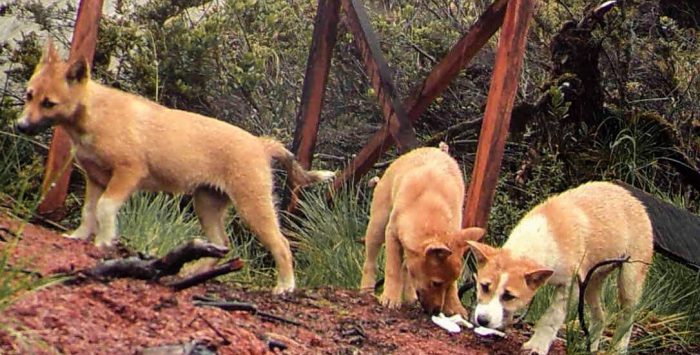
Puppies, New Guinea highland style! (Courtesy of NGHWDF)
Scientists who study dogs, or canids, are very excited about this. The canid family has lots of species, but most of that is due to specialized breeding by humans. Over the last few thousand years, people have bred their favourite types of dogs to create everything from tiny chihuahuas, puffy pomeranians, and floppy basset hounds to hulking bulldogs, spotted dalmatians, and speedy greyhounds.
But behind all of this variety is a much simpler ancestor. And researchers from the New Guinea Highland Wild Dog Foundation believe that the NGHWD is as close as you can get to it. On their website, they call the animal a "living fossil" and our "best example of a proto-canid" (this means 'early dog'). That's why they spent weeks in the remote Maoke Mountains on the island of New Guinea to observe these animals.
So how was this lost species found again?
High and far away
Up until September 2016, the existence of the NGHWD was just legend. There were stories and a couple mysterious photographs, but no hard evidence that the animal was still alive. This has a lot to with its habitat. That's it below.
This is a picture of Puncak Jaya. It is part of the Sudirman Range of Western New Guinea and is the highest island peak in the world, standing 4,884 m (16,024 ft) tall. It is also home to the New Guinea highland wild dog! The NGHWD lives in the forest of this mountain range, high above sea level and far from civilization. Turns out, they don't call it a "highland" dog for nothing!
So a big part of not being able to confirm that the NGHWD was still alive came down to the fact that it was tough to find!
A chance encounter
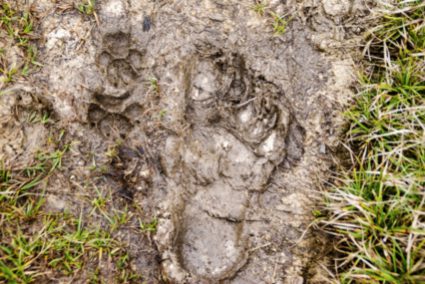
"I'll give you a clue. I'm somewhere very, very close..." Can you spot the paw prints near the footprint? (Courtesy of NGHWDF)
That changed last September, when zoologist James "Mac" McIntyre went searching in the mountains with local researchers from the University of Papua. The breakthrough came near the end of their expedition. Mac was feeling sad that they hadn't found anything... until he looked down and noticed fresh paw prints near his own recent footprints in the mud. There was a dog nearby!
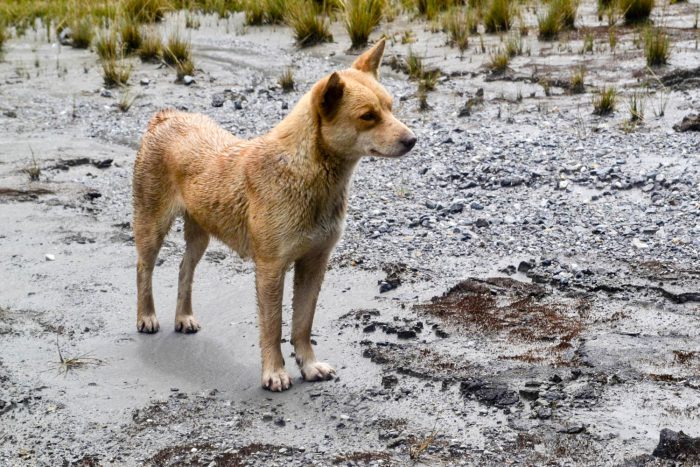
"...here I am!" This is the dog that left tracks that were discovered by a research team last September. (Courtesy of NGHWDF)
The team set up cameras in the area. They shot around 140 images of a healthy pack of NDHWG in just two days! Researchers say that the pack contains at least 15 different individuals, including males, females, and pups. Are there even more lurking in the forests? Probably. But either way, it is hoped that scientists can learn more about the history of dogs by studying these creatures.
 After decades of being lost, a healthy group of New Guinea highland wild dogs were discovered last September. (Courtesy of NGHWDF)
After decades of being lost, a healthy group of New Guinea highland wild dogs were discovered last September. (Courtesy of NGHWDF)
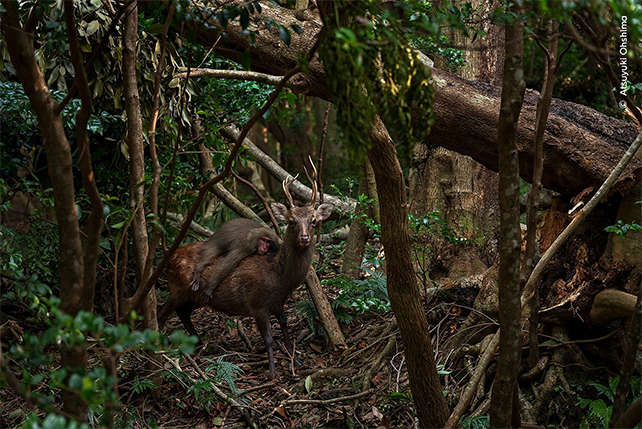

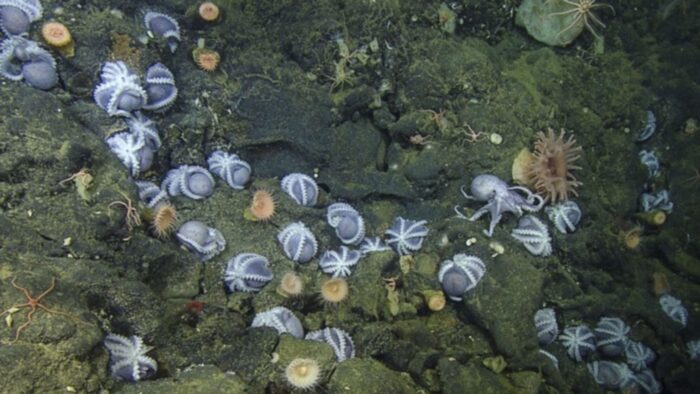
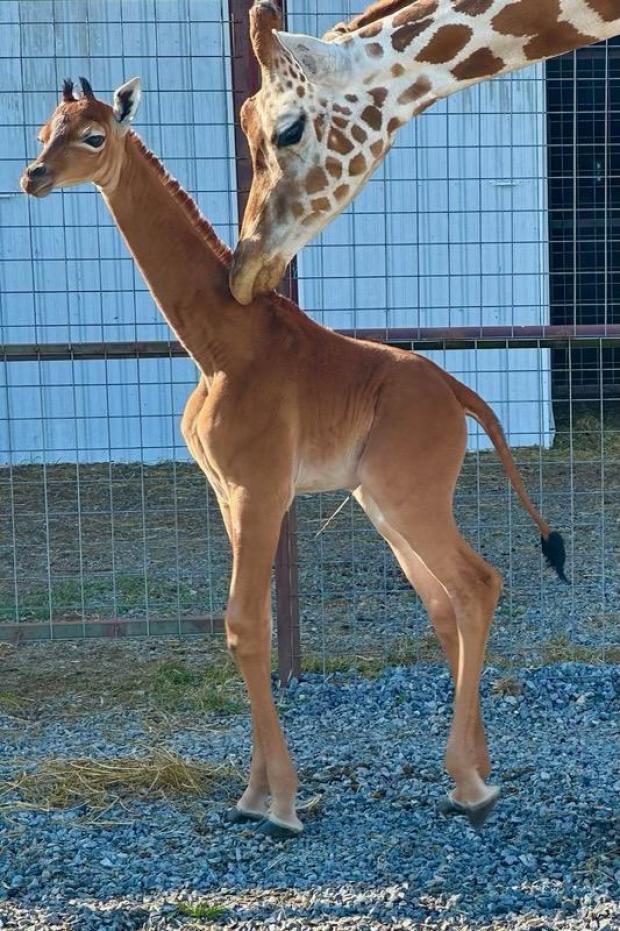
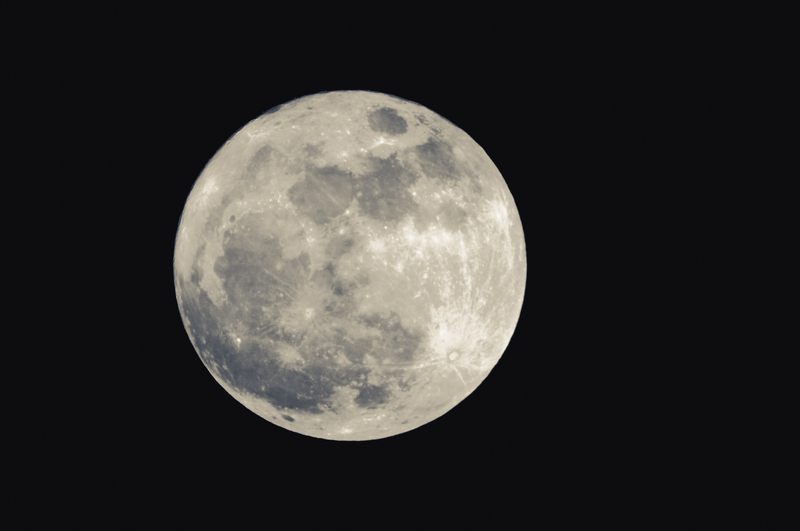
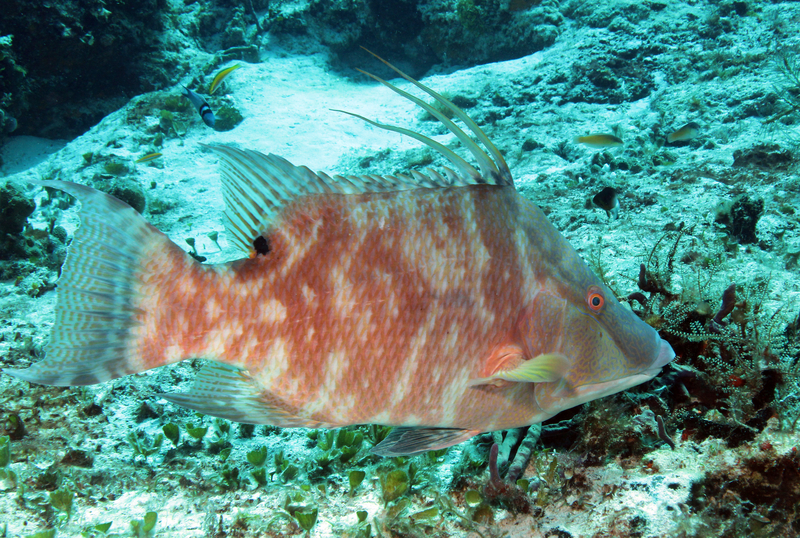


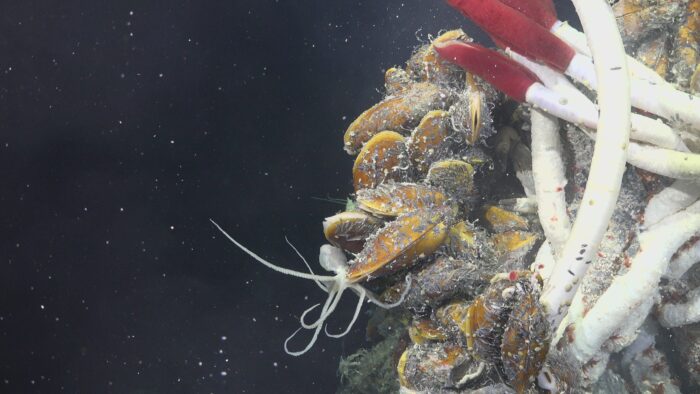
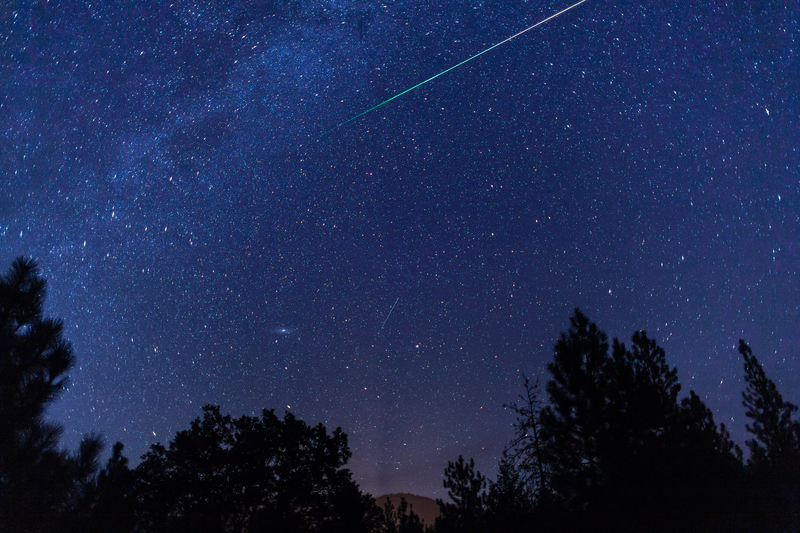
That is supper cool!??
Yeah
A new report about a rediscovery cool!!!!!!!!!!!!!!!!!!!!!!!!!!!!!!!!!!!!!!!
I CAN NOT BELIEVE IT!!!!!!!!!!!!!!!!!!!!!!!!!!!!!
COOL COOL COOL COOL COOL COOL COOL COOL COOL COOL COOL COOL COOL COOL COOL COOL COOL COOL COOL COOL COOL COOL COOL COOL COOL COOL COOL COOL!!!!!!!!!!!!!!!!!!!!!!!!!!!!!!!!!!!!!!!!!!!!!!!!!!!!!!!!!!!!!!!!!!!!!!!!!
🙂 🙂 🙂 🙂 🙂 🙂 : ) 🙂 🙂 🙂 🙂 🙂 🙂 🙂 🙂 🙂 🙂
😳 😳 😳 😳 😳 😥 😥 😥 😥 😥 😥 🙄 🙄 🙄 🙄 🙄 🙄 ❗ ❗ ❗ ❗ ❗ ❗ ❗ 😯 😯 😯 😯 😯 😯 😯 😥 😥 😥 😥 😥 😥 😥 😥 😥 😳 😳 😳 😳 😳 😳 😳 😳 😳 😳 😳
😳 😳 😳
🙂 Great passage! Have you ever considered the thought of sending passages like this one for school kids to read.
The New Guinea Highland Wild Dog Foundation can provide classroom support in the form of interactive educational program, tailored curriculum and classroom ambassador visits. Contact us at education@nghwdf.org for more information.
I’ve never heard of this type of dog before. This blog/passage is really interesting and had some really cool information. Such an amazing rediscovery!
wow 🙂
OMG!!! They are adorable but we shouldn’t keep them as pets.
-Jaime 😎
🙄 lol it should be instinct
I love dogs, even the NDHWG! I really want one ❗ but jaime’s right we can’t keep them as pets.
I ? animals so much! I die to see so many animals. I hate how much of the environment we destroye. I feel guilty. But what I hate the most is to here that an animal has gone extinct. And I feel so sad that I couldn’t just help them all live. When I read this article it made me so excited!?? It’s indescribable of how happy I am, I love I mean love every animal I meet ( unless animals includes bugs)! I’m also happy the science people had gone all the way up to take a look at them and studied them. I hope everyone will start to care more about nature and animals. There just skin and bone like us.
I am so happy that they found these dogs again! 😛
But, just saying, our earth is only about 6,000 years old, actually a few years less, these dogs could be thousands of years old, and probably are, but no more than 5,984 years old! Cool fact huh? 😎